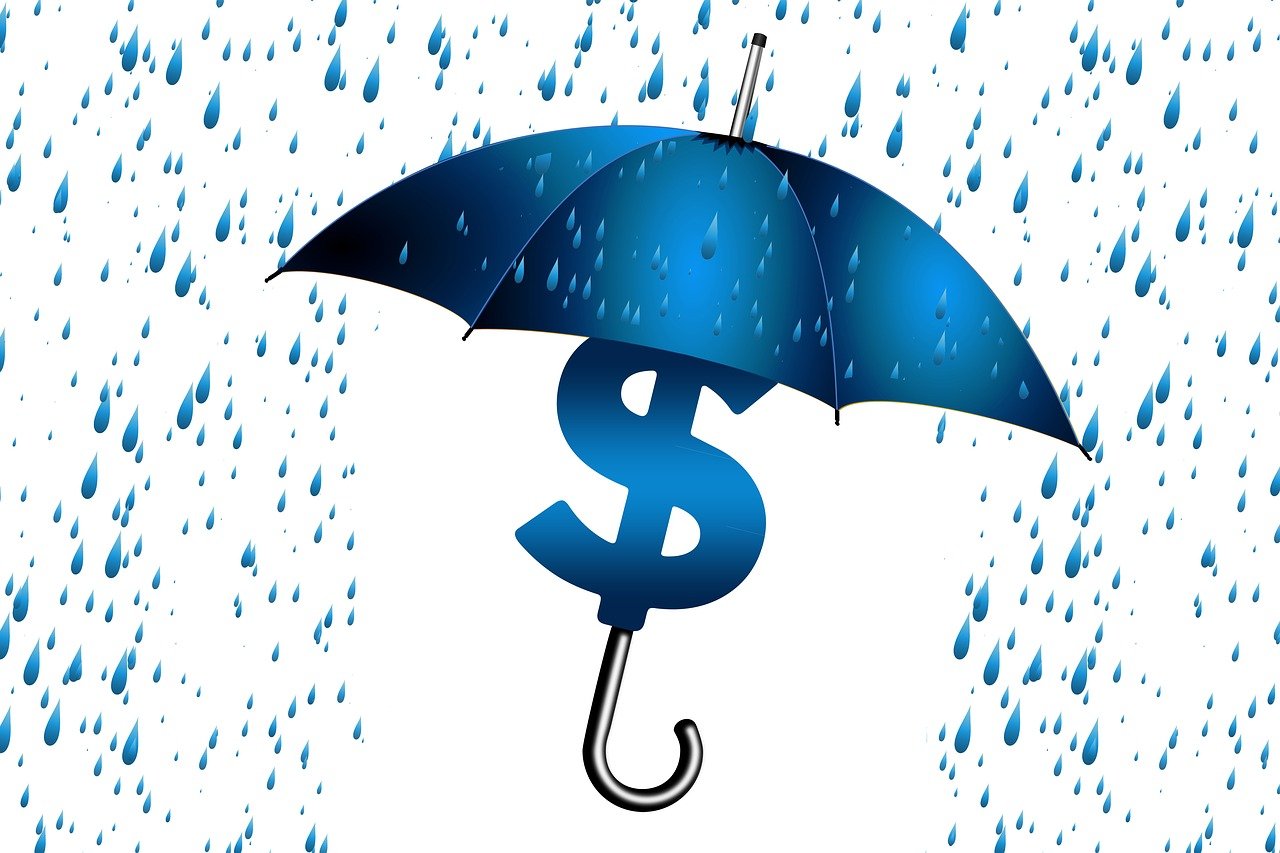THE MAJOR TYPES OF INSURANCE EVERY BUSINESS OWNER SHOULD HAVE
Being an investor or small business owner is a complicated and frequently risky venture. Most people who consider going out on their own in business are well informed of this and embrace it as an essential aspect of running an independent firm. After all, establishing and building your own business entails risking your work, leisure time, personal money, and even your mental health to pursue your ambitions.
However, many people are unaware of how prevalent and possibly disastrous specific business hazards may be, particularly those beyond their control. Errors and mishaps may and will occur no matter how skilled you are at what you’re doing or how accomplished you are. A costly lawsuit, unintentional error, or unexpected tragedy may quickly inflict enough financial harm to endanger the viability of most small enterprises.
That is why it is essential to obtain the proper type of company insurance. It can assist you in preparing for a decline in sales, natural calamities, and even unanticipated emergencies. You may have heard about different business insurance policies like a plumber business insurance policy or a roofer liability insurance policy, but knowing what comprises each business policy will benefit you. So, let us tell you the top significant types of insurance that every business owner should know about and must have.
- PROFESSIONAL LIABILITY INSURANCE
Professional liability insurance, often regarded as errors and omissions (E&O) insurance, safeguards a company from negligent lawsuits resulting from errors or failing to deliver. There is no such thing as one-size-fits-all professional liability insurance coverage. Each sector has its unique set of problems, which will be tackled in a policy explicitly created for a company.
- PROPERTY INSURANCE
Property insurance is required whether a company owns or leases its premises. In the event of a fire, thunderstorm, or robbery, this insurance protects your gear, signs, stock, and furnishings. Floods and earthquakes, on the other hand, are typically not covered by ordinary property insurance plans. If your location is prone to these problems, consult with your insurer about the cost of particular insurance.
- WORKER’S COMPENSATION INSURANCE
Workers’ compensation insurance must be included in a company’s insurance policy after the first worker is recruited. This will provide medical care, disability, and death payments if a worker is hurt or killed due to his employment for that company. Slip-and-fall injuries or medical problems such as carpal tunnel syndrome might result in a costly claim even if employees appear to be conducting low-risk jobs.
- PRODUCT LIABILITY INSURANCE
Product liability insurance is required if your company makes items for public sale. Even a company that takes every precaution to ensure the safety of its products may find itself involved in litigation as a result of damage inflicted by one of its goods. Product liability insurance aims to protect a company in this situation, with coverage that may be customised to a particular type of product.
- VEHICLE/AUTOMOBILE INSURANCE
If company cars are to be utilised, they should be adequately insured to protect firms from liability in the event of an accident. Companies must safeguard against third-party harm at the absolute least, but full insurance will also cover that vehicle in the event of an accident. If workers use their cars for business purposes, their personal insurance will protect them in the case of an accident. One significant exception is if they are providing products or services for a charge. Delivery staff are included in this.
- BUSINESS INTERRUPTION INSURANCE
If a tragedy or catastrophic event occurs, a company’s activities are likely to be disrupted. During this period, your company will suffer from lost money due to your employees’ incapacity to function in the office, create items, or conduct sales calls. This form of insurance is vital for businesses that need a physical place to operate, such as retail outlets. Business interruption insurance pays a company for income lost as a result of these situations.
FINAL THOUGHTS:
Starting a business entails a certain degree of risk. Unforeseen events or hazards may emerge at any time, emphasising the need of purchasing insurance. Previous insurance may appear to be a smart way to save money, and others may reject insurance as paranoid, but it is a fool proof method to protect yourself from unanticipated disasters and provide peace of mind.

